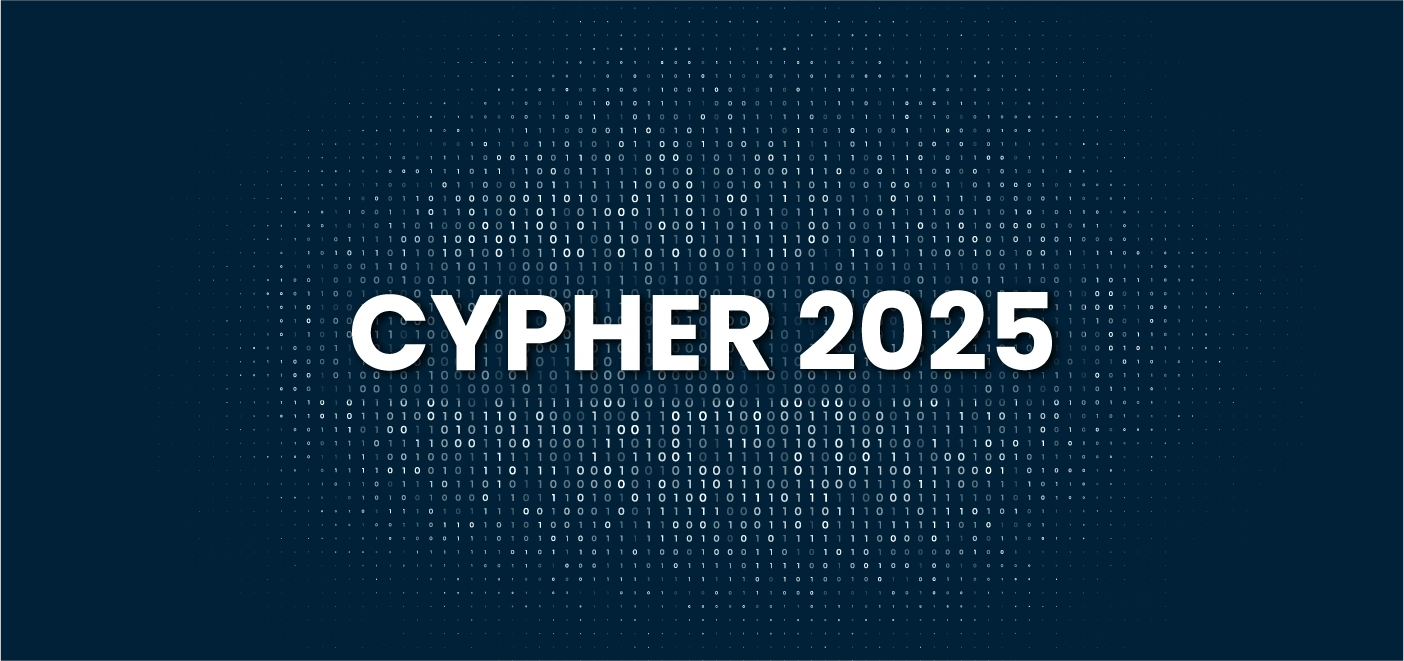
Introduction
When I stepped into the buzz of Cypher 2025, India’s largest AI summit, I quickly realised this was not just another tech expo. For two days in Bengaluru, it felt like the epicenter of conversations shaping the future of banking, financial services, and fintech.
As someone deeply curious about how AI is moving from buzzword to business critical in digital lending, I wanted to explore: where exactly does AI create value, and how are BFSI and fintech leaders adapting? What I found was a clear story, AI adoption is no longer an experiment. It’s a strategic necessity.
The Scale That Sets the Stage
Walking through the KTPO Exhibition Centre, the scale of Cypher 2025 was unmistakable, 5,000+ participants per day, 150+ sessions, and 100+ exhibitors. The sheer energy made one thing clear: leaders are no longer asking “Should we adopt AI?” but “How fast can we scale?”
The sessions I attended, from Visionary Insights to Tech Deep Dives, echoed boardroom priorities, balancing innovation with compliance, scaling responsibly, and keeping customers at the heart of transformation.
Where AI Is Delivering Real Impact
What struck me most was how tangible the use cases have become. Here are a few I saw highlighted:
Debt Collection Transformation: One of the most eye-opening sessions I attended was “Powering the Paradigm Shift in Debt Collection with AI.” Traditionally seen as a painful and adversarial process, debt collection is being reimagined. Banks are using predictive analytics to identify repayment risks early, AI-driven segmentation to personalise communication strategies, and chatbots to handle first-level interactions. What impressed me most was the emphasis on empathetic collections, using behavioral data to craft repayment plans that preserve trust while reducing defaults. For me, this showed how AI is not just about efficiency but also about making finance more human-centered.
For me, these weren’t abstract case studies, they felt like glimpses into how finance is being rebuilt in real time.
Why BFSI Is Ahead of the Curve
As I pieced together insights across sessions, it became clear why BFSI and fintech are often the first movers in AI:
In short, BFSI doesn’t just “use” AI, it needs AI.
What Leaders Can Take Away
One of my biggest takeaways from Cypher 2025 was how it functioned as a playbook for the next 3–5 years. Beyond glossy demos, the real value was in:
As I listened, I kept thinking., this isn’t about whether AI will redefine BFSI, it’s about how leaders choose to ride the wave.
Conclusion: My Reflection
Exploring Cypher 2025 left me with one unshakable thought: AI adoption is no longer a choice; it’s a mandate.
For leaders in digital lending space, this is a decisive moment.
Those who embrace AI to reimagine risk, reinvent operations, and rebuild trust will define the future of finance. Those who hesitate risk being left behind.
Personally, I walked away convinced, AI in BFSI isn’t just a technology trend. It’s the foundation of the industry’s next chapter.
Key Insights I Took Home
Recent Blogs